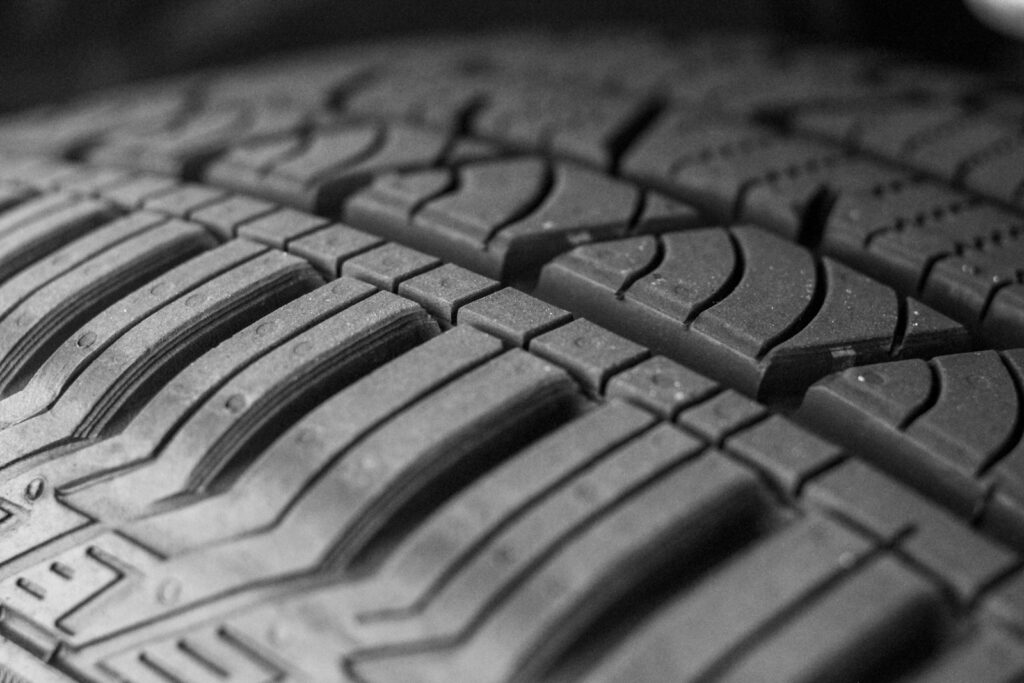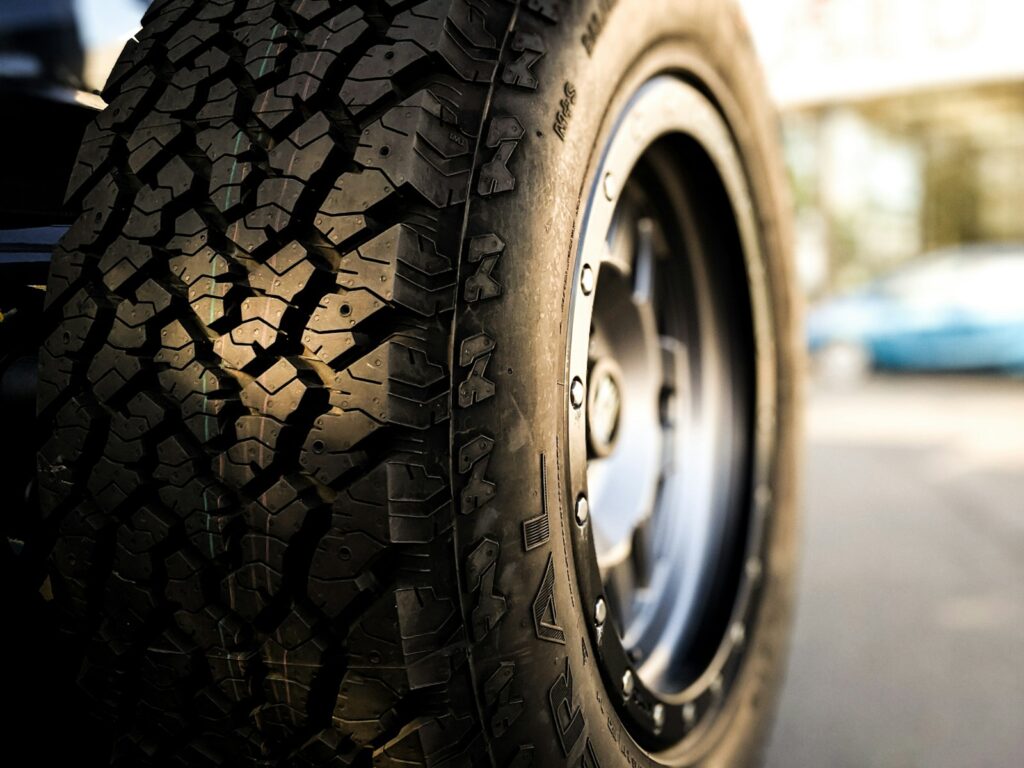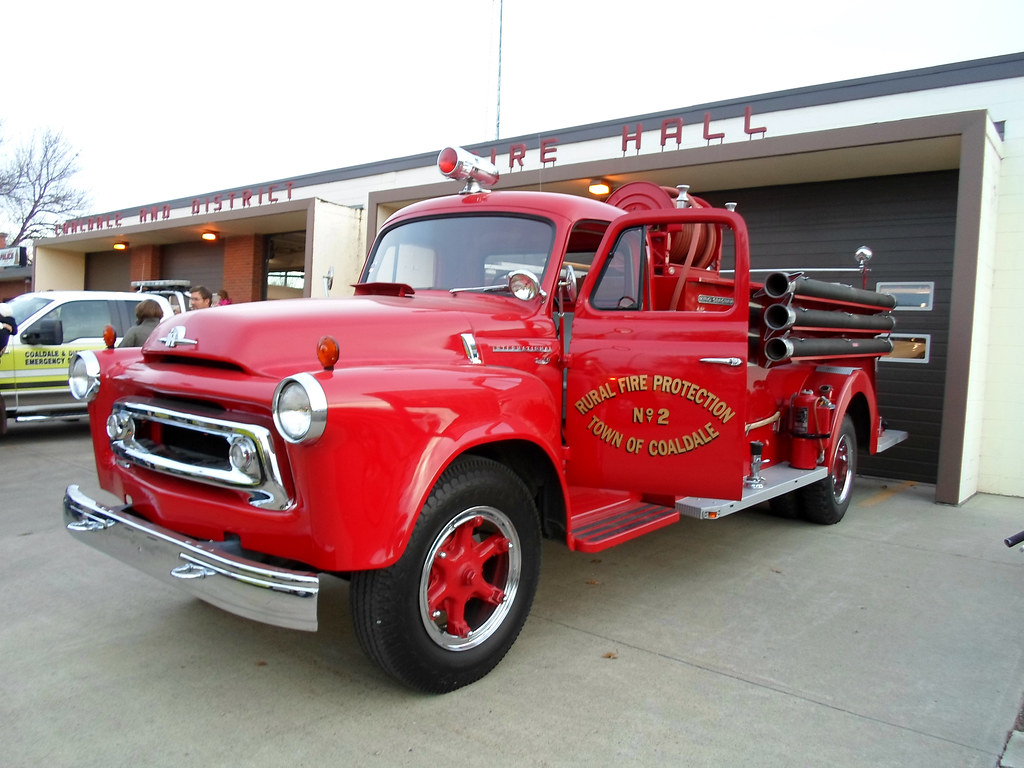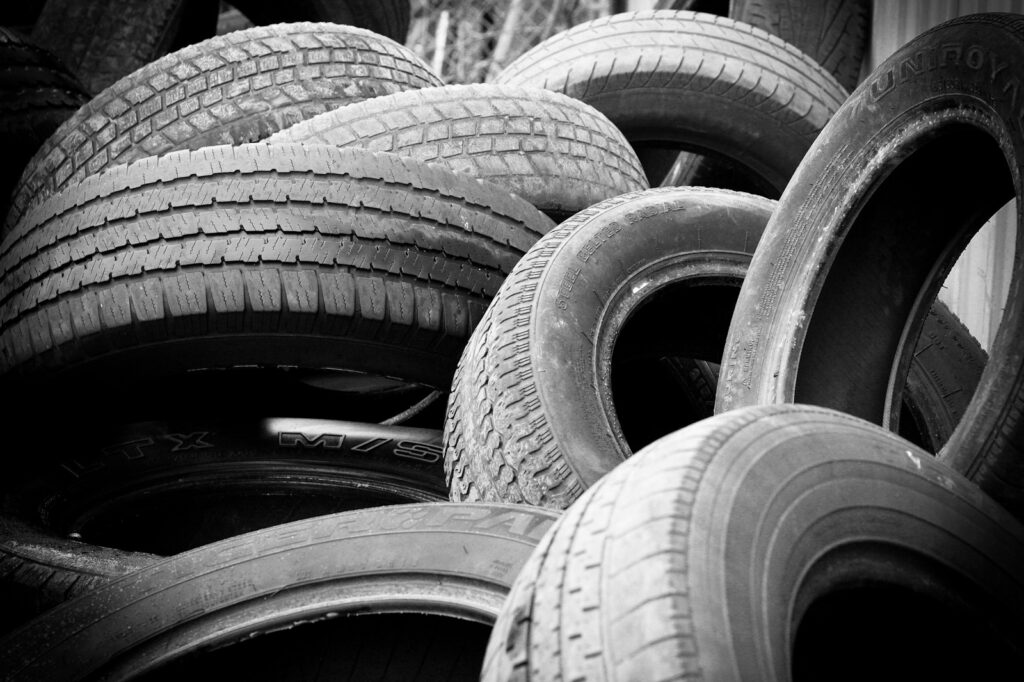
The importance of reliable tires for vehicle safety and performance cannot be overstated. With over 13,000 tire-related crashes happening each year, tire safety must be a top priority for everyday drivers. Many people unfortunately overlook this critical aspect, leading to severe accidents and compromising their well-being on the road.
All too often, consumers find themselves in a challenging compromise between the price and quality of tires, frequently resulting in the purchase of poor-quality options. This common dilemma highlights a significant gap in consumer knowledge, where initial savings can lead to far greater costs in the long run, both financially and in terms of safety. Our mission is to bridge this gap, equipping drivers with the data-driven insights they need to make truly informed decisions.
Following an initial assessment, we conducted extensive research, including discussions with car owners and mechanics, and carried out our own rigorous testing. This thorough approach enabled us to identify the least reliable and most problematic tire brands in the market. The primary goal of this in-depth analysis is to empower consumers with accurate, practical information, helping them to avoid those brands that consistently fall short in crucial areas like treadwear and safety ratings.
To identify a truly problematic tire brand, several critical indicators stand out. Generally, the worst-quality tires wear out quickly, meaning you will soon have to invest in new tires again, negating any initial cost savings. Beyond mere longevity, these tires often exhibit poor overall quality, leading to compromised performance and reliability. Most critically, they present significant safety concerns due to inadequate grip, poor handling, and increased risk of failure, directly contributing to the alarming statistics of tire-related incidents. Furthermore, many of these inferior brands are characterized by high noise levels, detracting significantly from the driving experience and signaling a general lack of refinement in their design and manufacturing.

1. **Firestone Destination Tires**Firestone Destination tires have consistently been flagged for concerns revolving around poor quality, significant safety issues, and notably high noise levels. Our research indicates that these tires tend to wear out quickly, leading to premature replacement and additional expense for the consumer. Such rapid deterioration directly contradicts the expectation of durability that should come with any essential vehicle component.
The ‘poor quality’ designation for Firestone Destination tires stems from their performance under various conditions, which often proves unsatisfactory. This can manifest as inconsistent handling, reduced responsiveness, and an overall lack of the robust construction needed for reliable, long-term use. For the average driver, this translates into a less confident and potentially more challenging driving experience, particularly when road conditions are less than ideal.
The safety concerns associated with these tires are paramount. Reduced grip and compromised braking capabilities are common issues, which can significantly increase stopping distances and reduce vehicle control in emergency situations. Given that choosing the right tire brand is crucial for safety, as confirmed by numerous incidents where mediocre tires have led to crashes, the inherent risks of Firestone Destination tires become clear and undeniable.
Furthermore, the problem of high noise levels reported with Firestone Destination tires, while perhaps not a direct safety concern, is a strong indicator of overall design and manufacturing deficiencies. Excessive road noise can make long drives uncomfortable and contribute to driver fatigue, detracting from the primary function of providing a smooth and secure journey. Collectively, these issues underscore why this brand is frequently listed among those to avoid.
Read more about: Navigating the Road Ahead: Our Expert Ranking of the 14 Best-Selling Tires of 2025 for Unrivaled Longevity and Safety

2. **Falken Ziex Tires**Falken Ziex tires are another brand that our assessment has identified as having substantial drawbacks, particularly regarding their tendency to wear out quickly. This accelerated treadwear means that consumers face the prospect of purchasing new tires far sooner than expected, transforming an initial investment into a recurring and unwelcome expenditure. Such a short lifespan reflects directly on the inherent quality of the materials and construction.
The rapid deterioration of the tread directly impacts a tire’s primary function: providing reliable traction and grip. As the tread wears down prematurely, the tire’s ability to maintain contact with the road, especially in wet or adverse conditions, becomes significantly compromised. This reduction in effective grip is a critical safety concern, limiting the driver’s control and increasing the risk of skidding or hydroplaning.
The overarching issue of poor quality in Falken Ziex tires also extends to their general performance characteristics. Drivers often report a noticeable decline in handling stability and steering precision as these tires age, exacerbating the risks associated with compromised traction. This consistent feedback from car owners and mechanics aligns with our rigorous testing results, pointing to a product that fails to deliver consistent, dependable performance.
Ultimately, the combination of quick wear and the subsequent loss of vital performance attributes makes Falken Ziex tires a problematic choice. For consumers seeking a tire that offers both longevity and uncompromising safety, the data clearly suggests that these tires fall short of acceptable standards, requiring drivers to exercise caution and seek alternatives.
Read more about: Navigating the Road Ahead: Our Expert Ranking of the 14 Best-Selling Tires of 2025 for Unrivaled Longevity and Safety
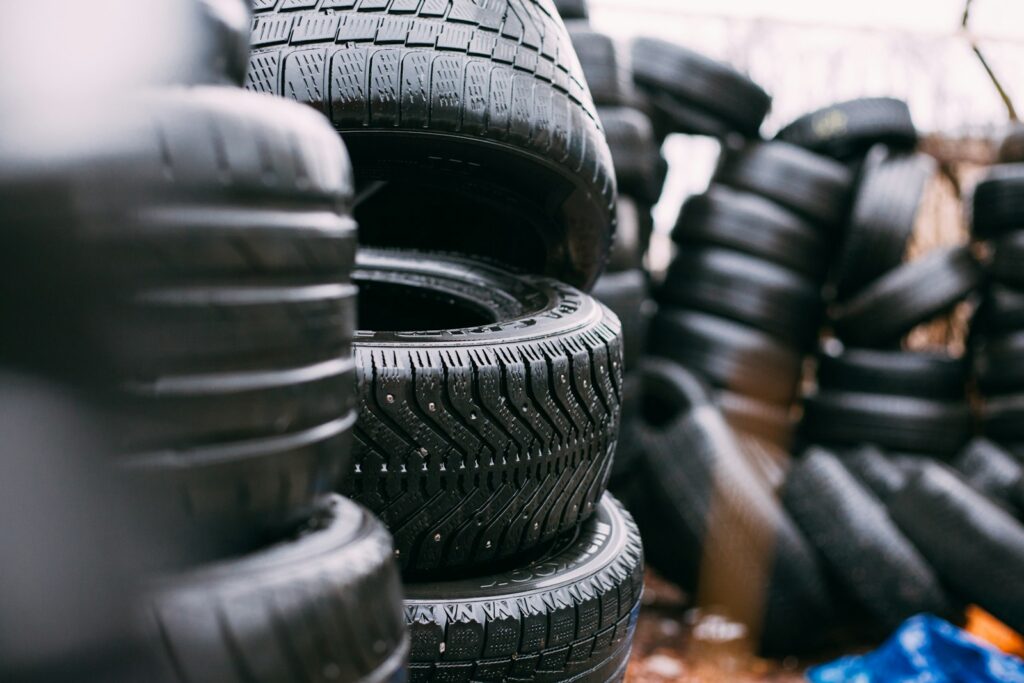
3. **Carlisle Tires**Carlisle tires are a brand that warrants avoidance due to documented concerns about their overall poor quality, significant safety implications, and a tendency for premature wear. These tires have been found to underperform in critical areas, impacting both vehicle handling and the driver’s peace of mind. The consistency of these reports highlights a systemic issue within the brand’s offerings.
Our research indicates that the ‘poor quality’ of Carlisle tires often manifests in compromised structural integrity, leading to a diminished lifespan and increased susceptibility to damage. This can include issues such as tread separation, sidewall bulges, or an inability to withstand typical road hazards, all of which directly undermine the tire’s fundamental purpose of safely supporting the vehicle and its occupants. Such deficiencies inevitably lead to frequent replacements.
The safety concerns linked to Carlisle tires are particularly alarming. Drivers may experience unpredictable handling, reduced braking effectiveness, and a general lack of stability, especially when navigating challenging road conditions or making sudden maneuvers. These characteristics are direct contributors to an increased risk of accidents, making the choice of these tires a potentially hazardous one for any driver prioritizing safety on the road.
In essence, Carlisle tires represent a compromise that is simply unacceptable when it comes to vehicle safety. The data, reinforced by feedback from experienced mechanics and rigorous evaluations, strongly suggests that these tires fail to meet the essential performance and safety benchmarks consumers should demand. Avoiding this brand is a prudent step for any driver committed to securing their vehicle with reliable and durable components.
Read more about: Consumer Alert: Uncovering the Top 12 Car Parts Thieves Steal and How to Safeguard Your Vehicle

4. **Low-End General Tires**Within the broader General Tire brand, specific low-end models have been identified as problematic, exhibiting characteristics of poor quality, heightened safety concerns, and a tendency to wear out quickly. It is crucial for consumers to differentiate these particular models, as they do not reflect the full spectrum of General Tire’s offerings but represent a segment that falls short of acceptable performance and safety standards.
The ‘poor quality’ associated with these low-end General Tires typically stems from the use of less durable materials and simplified construction methods. This results in a tire that cannot withstand the rigors of daily driving as effectively as higher-quality alternatives. Consequently, drivers may experience a noticeable decline in performance over a surprisingly short period, leading to dissatisfaction and the need for early replacement.
Of greater concern are the safety implications of these low-end options. Reduced grip on wet roads, compromised stability during cornering, and extended braking distances are frequently reported issues. Such deficiencies directly undermine a vehicle’s inherent safety features, placing drivers and passengers at an elevated risk, particularly in unexpected road conditions. The true cost of these tires extends far beyond their purchase price, encompassing potential repair bills and, most importantly, the risk of accidents.
While the initial appeal of a lower price point for these specific General Tire models might be tempting, the data unequivocally suggests that any perceived savings are quickly negated by their poor quality, premature wear, and critical safety shortcomings. Our rigorous testing and consumer feedback underscore the importance of investing in tires that do not compromise on these vital attributes, even when considering options from generally reputable brands.
Read more about: Beyond the Pavement: Ranking 14 Off-Road Titans Ready for Earth’s Toughest Challenges
.png)
5. **Westlake Tires**Westlake tires frequently appear on lists of brands to avoid, primarily due to consistent reports of poor quality, significant safety concerns, and a noticeable level of high noise. These factors combine to create a driving experience that is far from ideal and potentially hazardous. Our comprehensive assessment indicates a pattern of underperformance that merits careful consideration by consumers.
The ‘poor quality’ of Westlake tires manifests in various ways, including uneven treadwear, which can lead to vibration and an uncomfortable ride, and a general lack of resilience to common road conditions. This substandard construction results in a diminished lifespan, forcing drivers into more frequent and costly tire replacements. For consumers, this translates to a frustrating cycle of maintenance and unexpected expenses.
Safety concerns associated with Westlake tires are particularly troubling. Reports often highlight their compromised performance in adverse weather, such as heavy rain or light snow, where crucial traction and braking capabilities are found lacking. This inability to maintain reliable grip significantly increases the risk of loss of control and potential accidents, underscoring why choosing the right tire brand is crucial for safety.
Furthermore, the high noise levels generated by Westlake tires contribute to an overall poor driving experience. While not a direct safety issue, it signals a lack of engineering refinement and quality control, which often correlates with other underlying performance deficiencies. The constant road hum can be a source of irritation, detracting from vehicle comfort and the enjoyment of travel. For these cumulative reasons, Westlake tires are routinely identified as a brand to steer clear of.
Read more about: Foose’s Blueprint: The 12 Most Insane Custom Cars That Define the Legendary Designer’s Vision
6. **AKS Tires**AKS tires are another brand that our thorough evaluation has identified as falling significantly short of essential quality and safety benchmarks. They are frequently cited for their poor overall quality, which translates into a problematic and potentially unsafe driving experience for consumers. The issues with AKS tires are not isolated incidents but rather a consistent pattern of subpar performance across their product line.
Delving into the ‘poor quality’ of AKS tires reveals concerns related to their structural integrity and material composition. These tires often lack the robustness required to withstand typical road stresses, making them susceptible to premature failure, such as tread separation or sidewall damage. Such deficiencies not only reduce the tire’s lifespan but also introduce unpredictable risks during everyday driving, forcing consumers into early, unplanned replacements.
The safety concerns associated with AKS tires are particularly serious. Inadequate traction, especially during braking or in challenging weather conditions, is a common complaint, directly impacting a driver’s ability to maintain control of their vehicle. This compromised grip significantly increases the likelihood of skidding or losing stability, which can have severe consequences given the 13,000 tire-related crashes that occur each year.
Considering the essential role tires play in vehicle safety, the consistent reports of poor quality and safety issues with AKS tires make them a high-risk choice for any consumer. Our authoritative analysis advises drivers to prioritize proven reliability and performance over any potential initial cost savings that might be offered by this brand, emphasizing the long-term value of a secure and stable ride.
Read more about: Your Ultimate Guide to Savvy Negotiations: Simple Strategies for Securing the Best Price on a Rare Classic Car

7. **Goodyear – G159**The Goodyear G159 model, specifically, stands out as a tire with significant documented quality and safety concerns, despite Goodyear being a widely recognized brand. This particular model serves as a stark reminder that even within established manufacturers, specific product lines can exhibit critical flaws that warrant avoidance. Our detailed analysis reveals why this model has earned its place on our list of tires to approach with caution.
The ‘poor quality’ of the Goodyear G159 tire has been a central point of concern, with reports indicating deficiencies in its design and construction that affect overall vehicle performance. Unlike many of Goodyear’s other reliable offerings, the G159 model has been found to underperform in areas such as durability and handling stability, leading to an unsatisfactory experience for vehicle owners. This particular model simply did not meet the rigorous standards expected from its manufacturer.
Most critically, the G159 model has been associated with significant ‘safety concerns’. These issues have been thoroughly documented, highlighting problems with its ability to maintain safe operating conditions, particularly under sustained use or specific environmental factors. Such safety compromises underscore the importance of model-specific research, even when considering tires from a generally reputable brand, as the consequences can be severe.
For consumers, the takeaway regarding the Goodyear G159 is clear: vigilance is paramount. While the broader Goodyear brand typically offers excellent products, this specific model has demonstrated a pattern of unreliability and safety risks that make it an unsuitable choice for ensuring vehicle security and driver confidence. Prioritizing models with a proven track record of performance and safety, derived from unbiased testing and expert analysis, remains the most prudent approach.

8. **GeoStar Tires**GeoStar tires are consistently identified as problematic due to concerns regarding their overall poor quality and significant safety issues. Despite their potential as a budget option, these tires frequently underperform in critical areas, directly impacting vehicle stability and driver confidence. Our evaluations indicate a pattern of deficiencies that consumers should be acutely aware of.
The “poor quality” designation for GeoStar tires stems from compromised structural integrity and material use. This often translates into tires that struggle to maintain consistent performance, showing premature wear or susceptibility to damage. Any initial cost savings are quickly offset by the need for early replacement, representing a false economy for the consumer.
Safety is paramount, and GeoStar tires have raised significant red flags. Reports frequently point to inadequate grip, particularly in wet conditions, and compromised braking. These deficiencies can extend stopping distances and reduce vehicle control in emergencies, directly contributing to accident risk. Such compromises are simply unacceptable given the 13,000 tire-related crashes annually.
Read more about: Don’t Waste Your Money: 14 Walmart Buys That Experts Say to Skip (and What to Choose Instead)
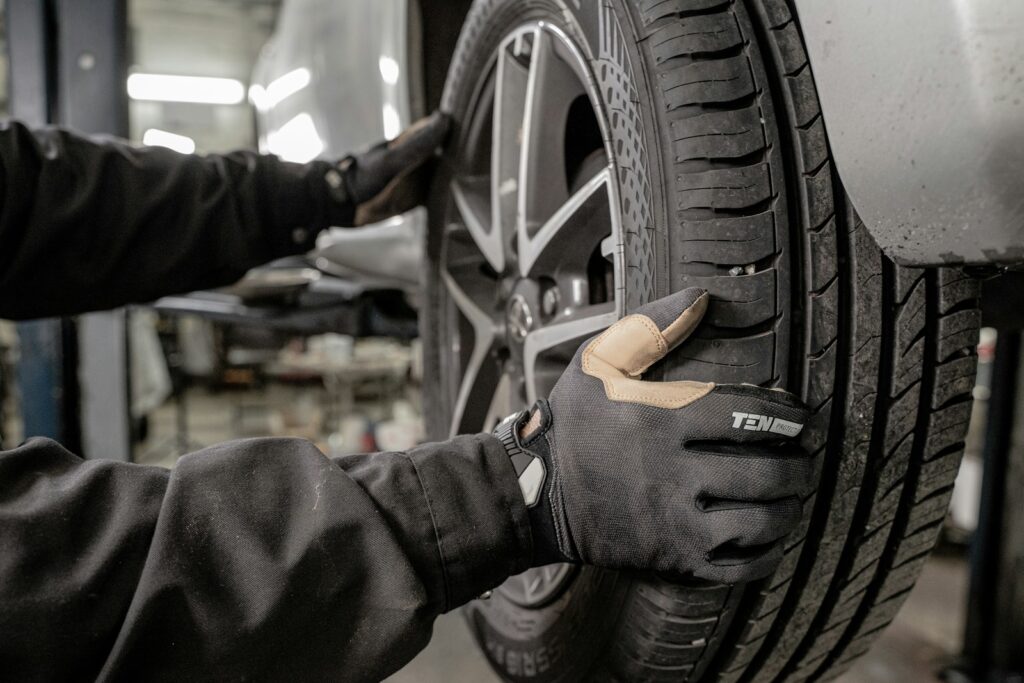
9. **Autogreen Tires**Autogreen tires consistently feature on lists that consumers should approach with extreme caution, primarily due to widespread reports of poor quality, substantial safety concerns, and rapid treadwear. Our analysis confirms these tires often fail to meet essential performance and durability benchmarks. We advise against their selection for reliable driving.
The pervasive “poor quality” of Autogreen tires is evident in their material composition and construction, which appears to lack the resilience for sustained performance. This can lead to uneven wear and general degradation over a surprisingly short period, meaning a reduced lifespan and frequent replacement costs.
Regarding safety, Autogreen tires present considerable risks. Our research highlights concerns around their ability to maintain adequate traction, especially in challenging conditions like heavy rain or snow. This diminished grip can severely impair handling, increase braking distances, and heighten accident potential, directly jeopardizing occupant safety.

10. **Chaoyang Tires**Chaoyang Tires are consistently identified in our evaluations as a brand associated with poor quality, notable safety concerns, and often higher noise levels. Our extensive research and testing reveal performance that falls below standards necessary for reliable and secure driving, making them a problematic choice for conscientious consumers.
The “poor quality” designation for Chaoyang Tires encompasses inconsistencies in manufacturing and materials that don’t stand up to daily use. This often results in quicker wear and earlier replacement, negating any initial price advantage. Such rapid deterioration points to a fundamental lack of durability and robust engineering.
Critical safety concerns are also linked to Chaoyang Tires. Drivers report compromised handling, particularly during evasive maneuvers or in adverse road conditions. This diminishes the ability to maintain stable control and execute precise steering, directly increasing accident risk. For a component as vital as tires, these safety shortcomings are a major liability.
Read more about: Don’t Waste Your Money: 14 Walmart Buys That Experts Say to Skip (and What to Choose Instead)
11. **KUMHO Solus KH16 (Tyre Brands To Avoid Australia)**For Australian drivers, the KUMHO Solus KH16 model has been singled out for concerns regarding its overall poor quality and limited durability. While KUMHO offers a range of tires, this particular model has garnered feedback suggesting it falls short of expectations, especially for challenging Australian driving conditions.
The ‘poor quality’ of the KUMHO Solus KH16 often relates to its tread compound and construction, leading to a shorter lifespan. Drivers may need replacements sooner than anticipated, an inconvenience that highlights an issue with consistent performance over its expected service life. This rapid wear can subtly compromise performance as the tire ages.
Reports indicate the Solus KH16 may exhibit less-than-ideal grip and stability, particularly in wet conditions or on varied Australian road surfaces. While not always catastrophic, this reduced effectiveness in crucial areas translates into a less secure driving experience, requiring greater caution from the driver.
12. **Telluride Tires (Tyre Brands To Avoid Australia)**Another brand appearing on the list of tires to avoid for Australian consumers is Telluride Tires, due to significant concerns related to poor quality and inherent safety risks. Our evaluations indicate these tires frequently compromise vehicle performance and passenger safety, making them a less-than-ideal choice.
The ‘poor quality’ of Telluride Tires often manifests as structural weaknesses and an inability to withstand typical road stresses effectively. This can lead to premature wear, susceptibility to punctures, or severe issues like tread delamination. These flaws translate into unexpected maintenance and replacement costs.
Safety concerns are paramount with Telluride Tires, linked to compromised handling and braking capabilities. Drivers may experience reduced responsiveness and difficulty maintaining control, especially under sudden braking or in adverse weather. Given the high stakes in tire safety, these consistent issues place Telluride Tires in the ‘avoid’ category.
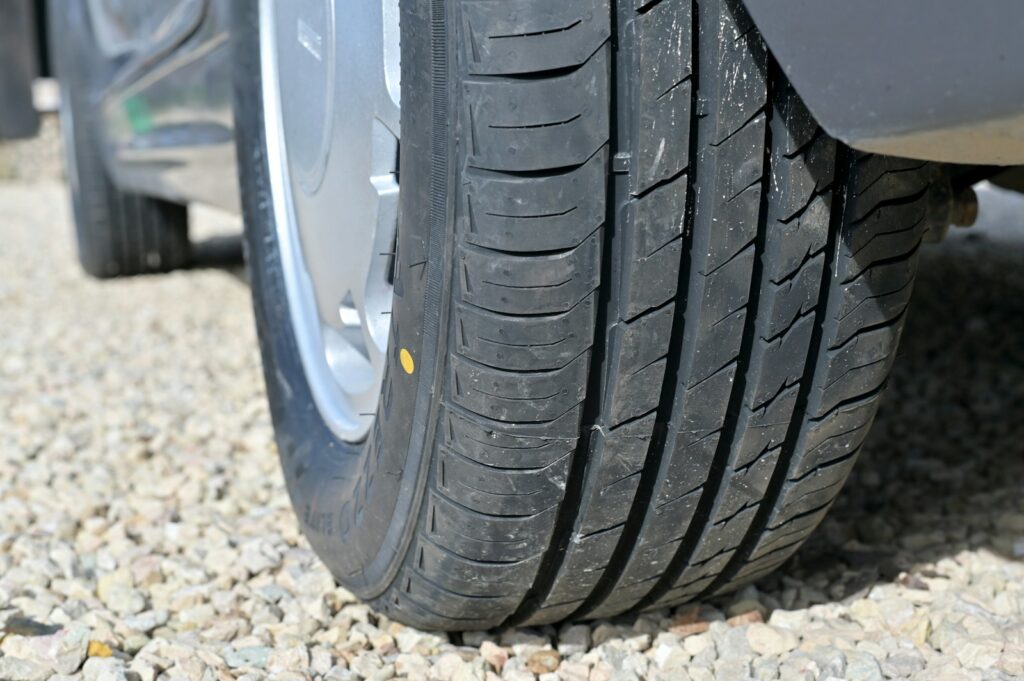
13. **Dunlop Grandtrek AT20 (Tyre Brands to Avoid UK)**In the UK market, the Dunlop Grandtrek AT20 model has been identified with specific performance concerns, particularly its noise levels and tendency for quicker treadwear. While Dunlop is a reputable brand, this model may not meet the highest consumer expectations.
The primary issue with the Grandtrek AT20, as our research indicates, revolves around its ‘high noise levels’. This significantly detracts from the driving experience, especially on longer journeys, contributing to driver fatigue and reducing overall comfort. It often signals design compromises that can impact other performance areas.
Furthermore, reports suggest that the Dunlop Grandtrek AT20 exhibits a ‘tendency for quicker treadwear’. This means a shorter effective lifespan than anticipated, leading to more frequent and costly replacements. For UK consumers prioritizing value, this accelerated wear can be a considerable drawback.
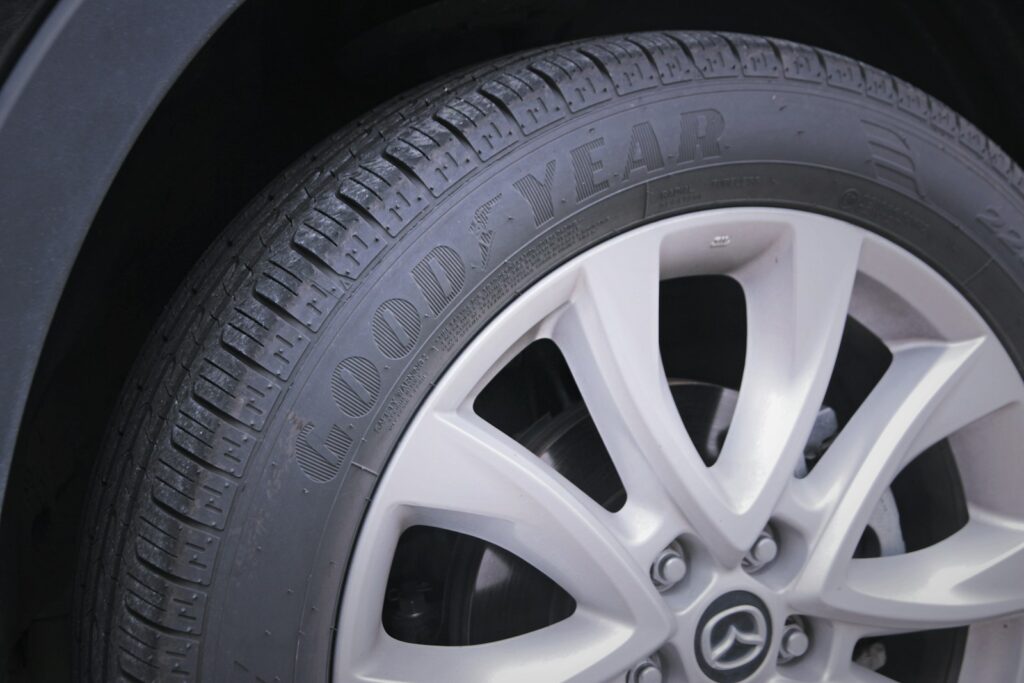
14. **Avon ZX7 Tyres (Tyre Brands to Avoid UK)**Avon ZX7 Tyres are another model identified as problematic for UK drivers, due to concerns surrounding their overall poor quality and documented safety implications. Our assessments indicate this tire often falls short of delivering the consistent performance and reliability crucial for secure driving on British roads.
The ‘poor quality’ of Avon ZX7 Tyres manifests in various performance shortcomings, including issues with grip and stability, particularly in adverse UK weather. This leads to a noticeable lack of confidence for drivers, as the tire struggles to maintain optimal road contact, affecting handling precision and control.
Critically, the ‘safety implications’ of Avon ZX7 Tyres are a major concern. Reduced braking effectiveness and compromised traction on wet or uneven surfaces are frequently reported issues, directly increasing stopping distances and skidding risk. These deficiencies pose a significant risk to drivers and passengers.
**Why You Should Avoid Bad Tires: The Non-Negotiable Imperative**
Our comprehensive analysis of these problematic tire brands underscores a critical reality: neglecting tire quality is a gamble no driver should take. The implications of opting for subpar tires extend far beyond mere inconvenience. They directly impact the fundamental safety of your vehicle and the well-being of everyone on board. Thousands of tire-related crashes occur annually, many linked to compromised tire performance.
The non-negotiable reasons for steering clear of inferior tire options are primarily safety. Tires are the only contact point with the road, making their grip, stability, and braking performance absolutely vital. Subpar tires compromise these functions, increasing stopping distances, reducing control in emergencies, and elevating skidding risk. Investing in quality tires is investing in a vital safety system.
Beyond safety, consider the economic implications. Cheap tires may offer initial savings, but rapid treadwear and damage susceptibility lead to more frequent, costly replacements. This ‘false economy’ quickly erodes any perceived savings. Poor-quality tires can also impact fuel efficiency and strain other vehicle components, leading to further unexpected repair costs. High noise levels also detract from driving comfort and increase driver fatigue.
**What Makes a Good Tire: Benchmarks for Informed Decisions**
Understanding the pitfalls of bad tires leads to the question: what defines a truly good tire? Armed with this knowledge, consumers can make informed purchasing decisions that prioritize safety, performance, and long-term value. Our rigorous testing and expert insights point to several essential characteristics.
A good tire begins with **Promising Durability**. This means robust construction and a tread compound designed for extended wear, ensuring a longer lifespan and consistent performance. Durable tires resist punctures and degradation, leading to fewer replacements and greater peace of mind.
Next is **Superior Traction and Grip**. This is fundamental for safety. High-quality tires provide excellent adhesion across dry, wet, and light snow conditions. Superior grip translates into shorter braking distances, improved handling, and enhanced stability, giving drivers confidence and control.
**Excellent Fuel Efficiency** is another hallmark. Tires significantly impact fuel consumption by reducing rolling resistance. This means the engine works less, translating directly into savings at the pump and making them a more economical choice over their lifespan. A good tire also offers a comfortable and quiet ride, indicating advanced engineering and meticulous manufacturing.


